By Emily Buyaki, Communication Officer, FAWE
In the warm Red Volta Valley of the Upper East Region in Ghana, a narrative is shifting. Sexual Reproductive and Health Rights (SRHR) is now becoming a way of life for all people regardless of their age, religion or beliefs thanks to a series of sensitization campaigns and trainings by FAWE.
Facilitated through the Sexual Health and Reproductive Education (SHARE) programme by FAWE in partnership with Right to Play and Water Aid, the programme has been focusing on promoting gender equality and improving health-related human rights for adolescent girls and young women in four districts in Ghana, namely: Bongo, Kassena Nankana West, Kassena Nankana Municipal, and Builsa North.
In an SRHR refresher training held in Bongo in early July 2025, a number of challenges emerged as contributors to factors that hinder progress in the region. Illegal mining, better known as Galamsey, has seen a good number of young men drop out of school in search of a living. The process of Galamsey involves the digging of unsafe tunnels in which the young men get hold of gold nuggets to sell in the black market. When the young men get money from the illegal trade, they in turn lure young girls with promises of a better and easier life. The girls then end up becoming mothers at a young age forcing them to drop out of school and so the cycle of poverty continues.
Young and impressionable people are also influenced by both their physical and digital environments. One participant of the training said,
“The youth are exposed and want to practice what they see on TV and on their phones. This increases the risk of drug abuse and other common things that we see today.”
A lot of myths were also debunked at the training. One such myth was that vasectomy equals castration and that a man who’s undergone the procedure cannot ‘last’ in bed. This was ruled out as untrue and participants ran through the process of vasectomy. It also emerged that men viewed menstruation as a woman’s issue thus, the men present did not know their wives’ menstrual cycle. During a heated discussion, one participant noted that when he needed to have an intimate time with his wife during her menses, she would either shower with cold water or apply Dettol to her vagina to ‘stop the bleeding’ before sex.
Speaking to Mr. Anthony Adongo Apubeo, a journalist based in Bolgatanga covering 15 districts, and a two-time trained trainee in SRHR, he mentioned that the training has been beneficial to him as an individual and as a journalist. He was part of the first cohort trained in 2023 on gender equality, Sexual Health Rights, Gender Based Violence and related issues such as Female Genital Mutilation(FGM), Teenage Pregnancy (TP) and early marriage.
“A lot has changed since I was first trained by FAWE. There’s an understanding that some of the issues that happen to the victims are as a result of their circumstances and not their own doing, such as poverty, which leads to teenage pregnancy, which pushes girls to live with the man responsible for the pregnancy. People have come to understand their rights as a result of the training to the extent that girls are now bold enough to say no to tricky situations that may disrupt their education. They are now empowered. Bongo had been leading in teenage pregnancy in the Upper East Region, but for the last about three years, there’s been a big transformation with fewer cases being reported.” Said Mr. Anthony Adongo Apubeo, a journalist based in Bolgatanga.
Apubeo added that he is a native of Bongo therefore he understood the cultural issues faced by girls and women in the region. The trainings have however added a sensitivity twist, an angle that he was yet to consider. As a journalist, he has taken it upon himself to share knowledge with fellow journalists in the bureau.
“Before I publish a story, I look at how best to cover the story; reporting the real issues without exposing the identity of the girl. I often use different names and do not post their photos. More and more people are trusting not only me, but my fellow journalists to cover their stories.” He said.
Maria*, a resident of Bongo, attending the training for the first time, shared what she learnt at the end of the session, stating:
“Today, I have learnt so much with regards to menstrual hygiene. For example, it is not advised that a woman uses soap or insert anything in order to clean her vagina as it is self-cleaning. Many women have been doing it unknowingly; just a small odor and they run to wash not knowing that it could be an infection that needs medical attention. I am a mother to daughters, a teacher and a community leader therefore, I will be sharing this information with the people I interact with mostly.” Said Maria.
Seated next to Maria is John*, a community leader and Sunday School teacher. He shares that:
“I have learnt a lot about adoloescents. We have divided them into three, early, middle and late adolescents. I have learnt that we should have a listening ear to our children to prevent them from getting wrong information from peers and other external non-reliable sources. As a person living with disability, I assist the kids with vision impairment, I read for them information on SRHR and those who cannot hear, I write for them. Sometimes we don’t have the interpreter – so with me at the helm, I ensure that no one is left behind. We thank FAWE for bringing this programme closer to us. God bless you.” He said.
In nearby Navrongo, the community holds a community dialogue session to discuss the effectiveness of SRHR trainings and messages disseminated via the Community Information Centers (CICs). The efforts have borne fruit as the community members report increased use of family planning such as condoms and even abstinence among the young people. This was all attributed to the various SRHR training sessions and information passed via community radio stations such as Nabina FM.
Further North in Paga, a town at the border of Ghana and Burkina Faso, the community has embraced arts and theatre in passing along SRHR messages. Through community youth theatre groups, SRHR messages are packaged realistically, mimicking scenarios that happen in the community on the daily. It is at the performances that common myths are debunked, information clarified and advise offered for a better life.
The ripple effect of FAWE’s SHARE programme is evident from the intimate conversations in homes, to the vibrant theatre performances in community squares. In places once shadowed by harmful myths, silence, and stigma, voices are rising with confidence and clarity. Girls are learning to say no, boys are becoming allies, leaders are taking responsibility, and entire communities are choosing knowledge over ignorance. With each training, dialogue, and creative intervention, SRHR is no longer an abstract concept but a lived reality. In the Upper East Region of Ghana, the message is clear: when people are empowered with the right information, they don’t just change their own lives, they transform the future of their communities for generations to come.

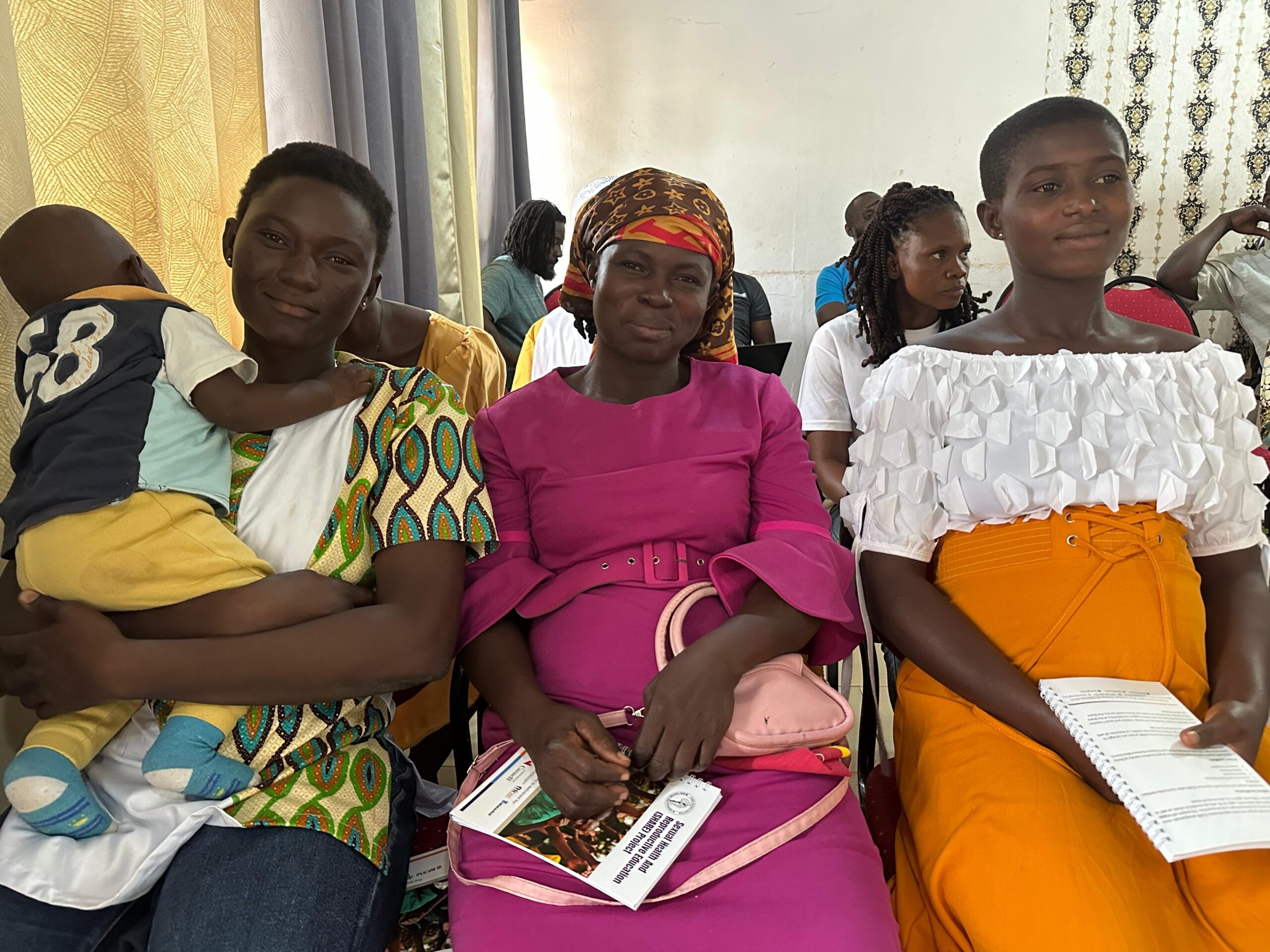
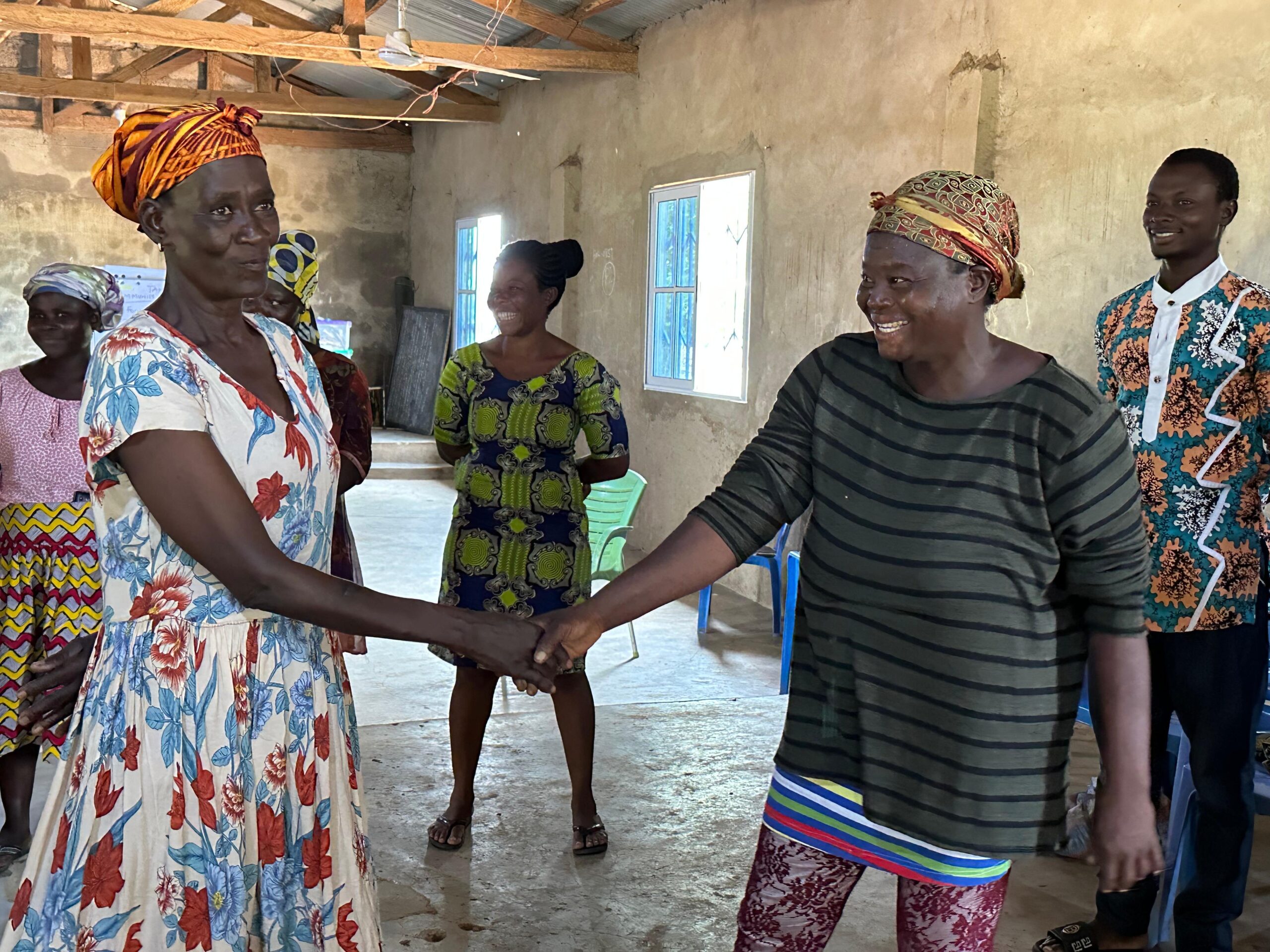
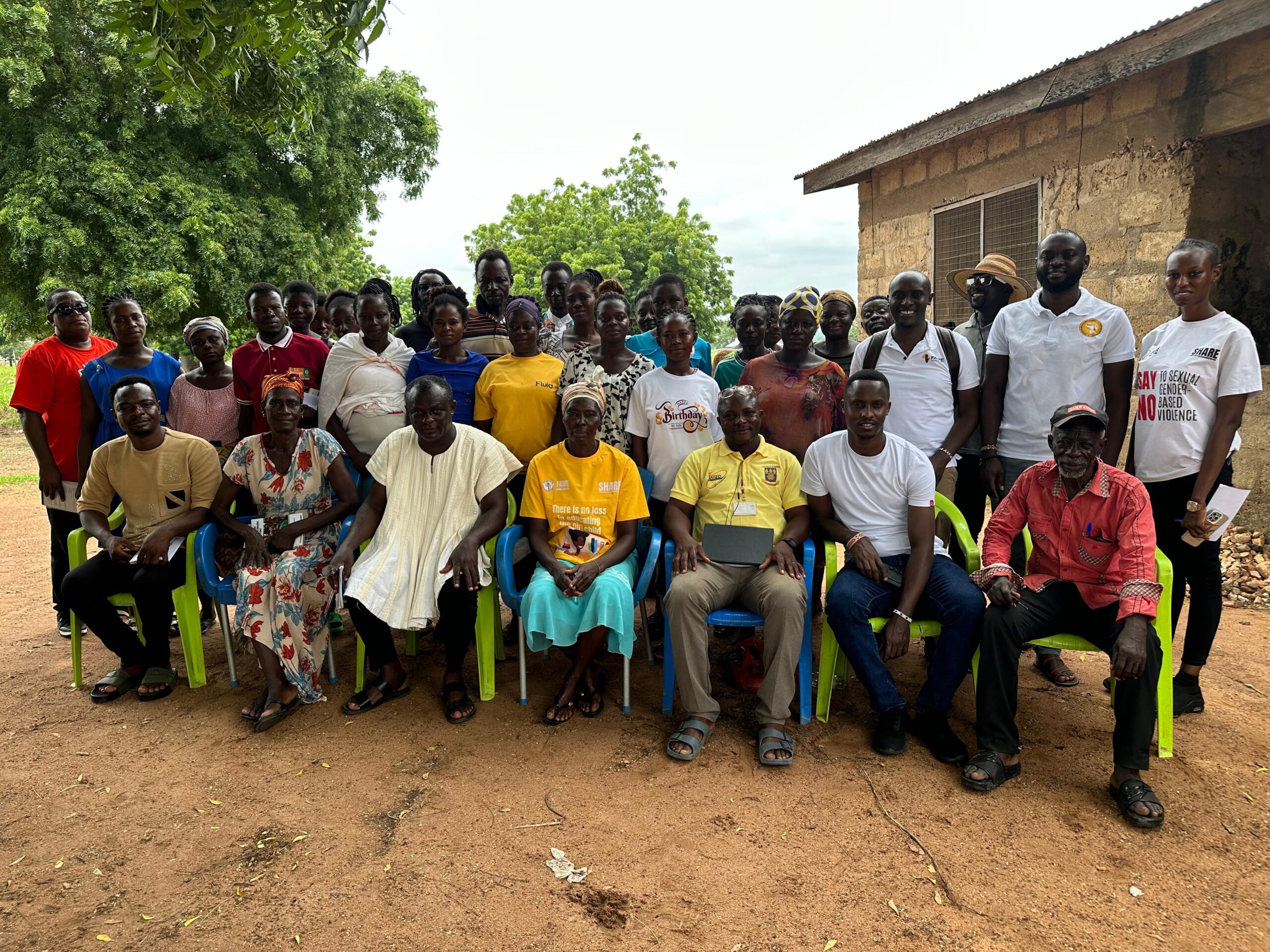
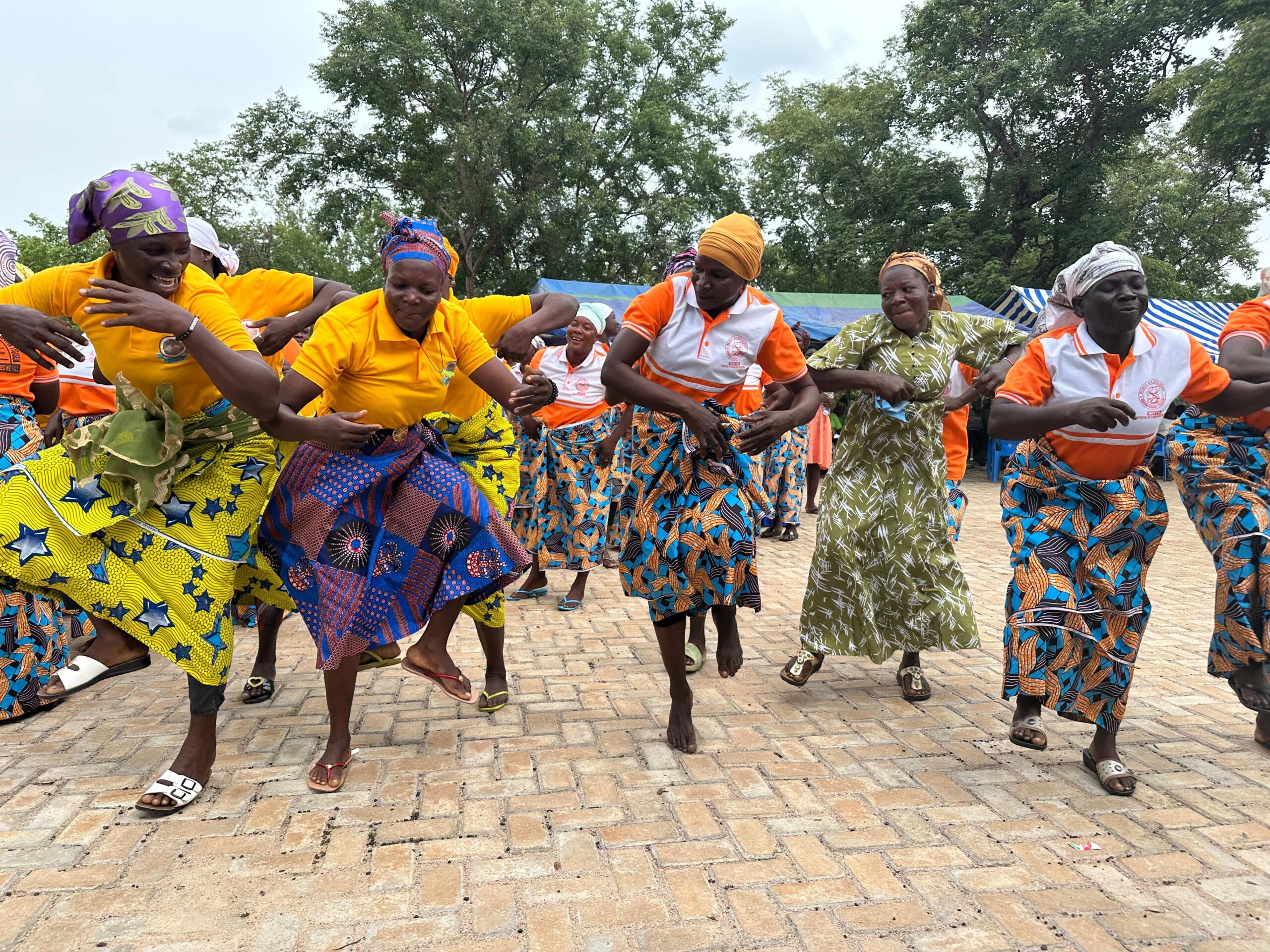
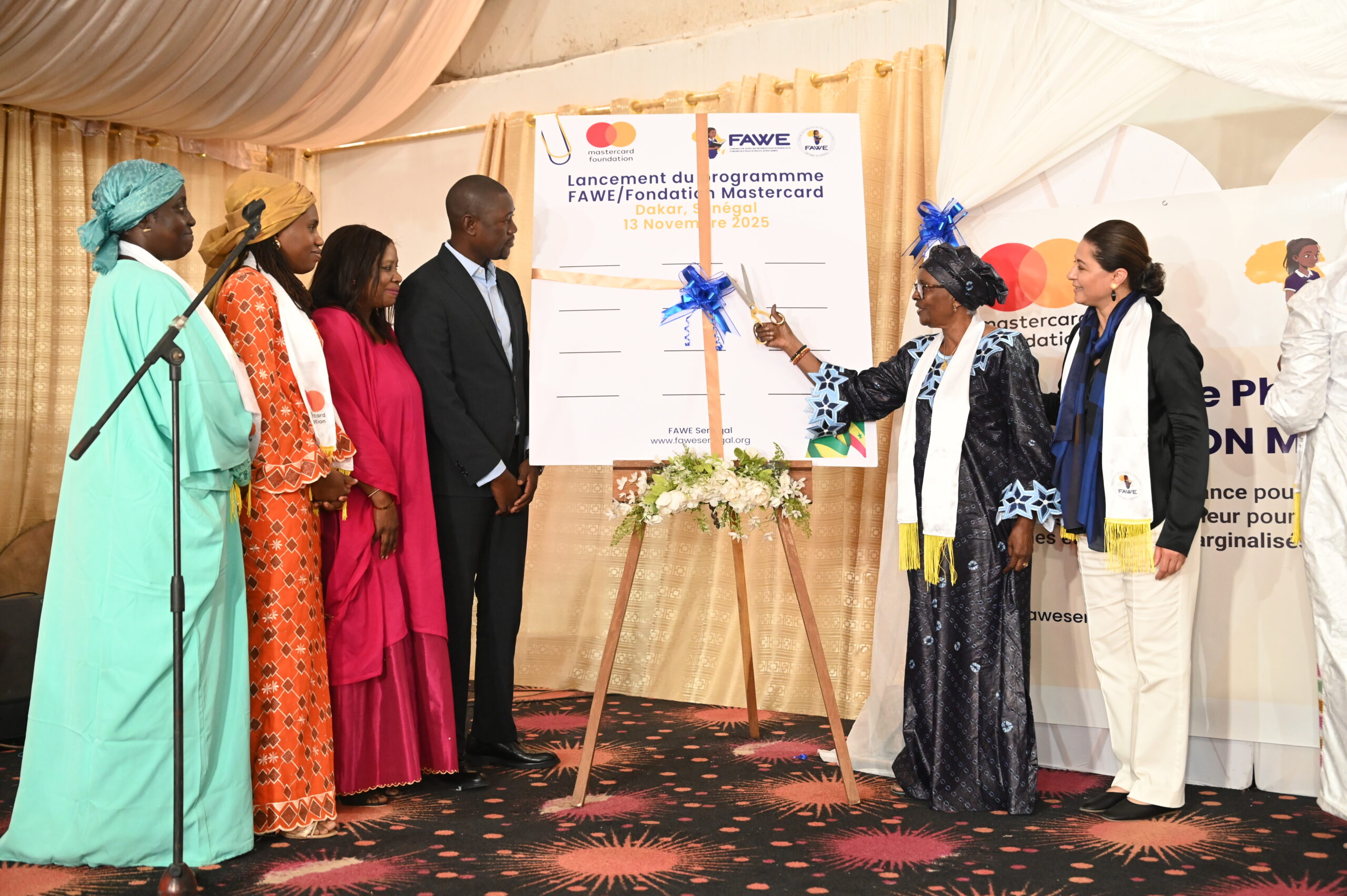
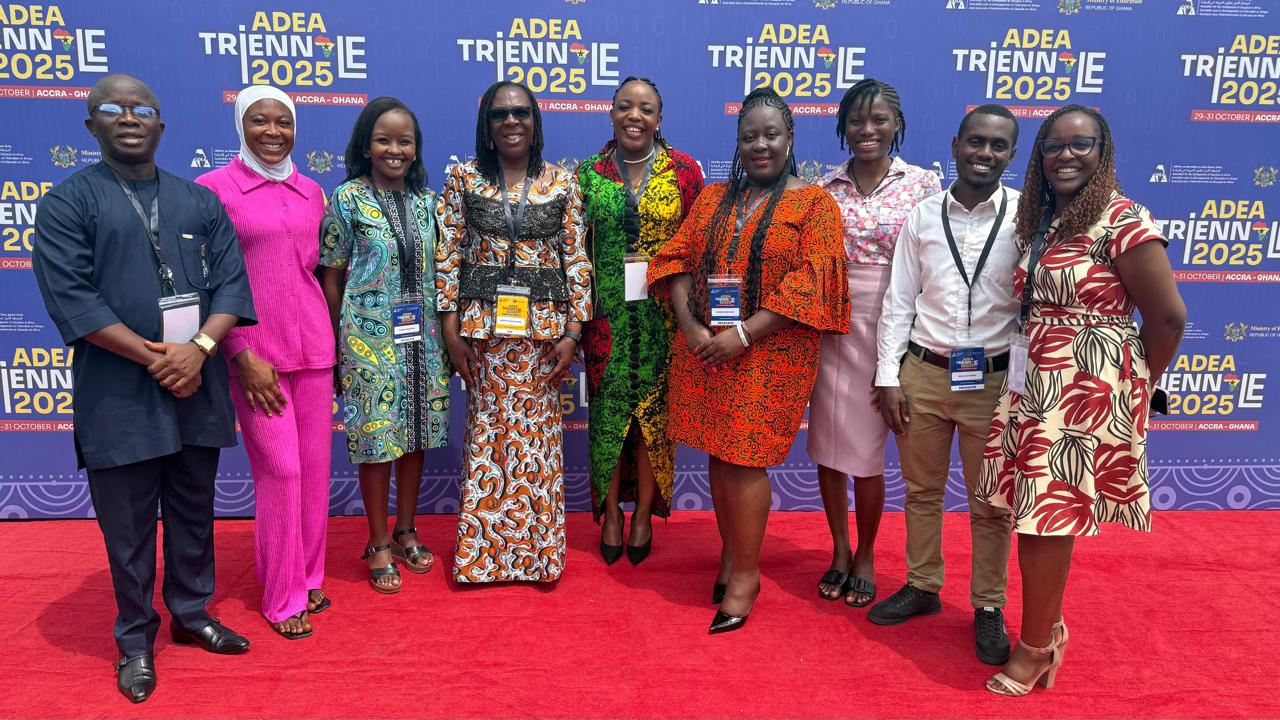
Leave A Comment